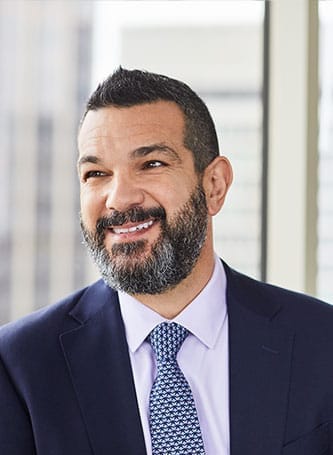In a decision handed down earlier this month, the Massachusetts Supreme Judicial Court (the “SJC”) has resolved a split among Land Court justices regarding the availability of a “try title” action brought against a mortgagee prior to foreclosure.
In Abate v. Fremont Investment & Loan, SJC-11638, decided on March 9, 2015, the SJC explained that where a mortgagor challenges a mortgagee’s right to foreclose, a “try title” action is unavailable until after the foreclosure has occurred.
The decision is grounded in the language of the try title statute, set forth at G.L. c. 240, §§ 1-5, which describes a two-part proceeding beginning with the establishment of the following three “jurisdictional facts:” (i) that the petitioner holds “record title;” (ii) that he or she is “in possession” of the subject property; and (iii) that an actual or possible “adverse claim” is in existence, clouding the petitioner’s record title.
Once the petitioner has established the “jurisdictional facts,” the adverse claimant is required to disclaim its interests in the property or bring an action to assert its claim.
In Abate, neither possession of the subject property nor the existence of an “adverse claim” were at issue. The plaintiff remained in possession of the property throughout the proceedings, and a foreclosure had already occurred – meaning that the plaintiff’s claim of title was plainly adverse to the purported title of the post-foreclosure owner.
The SJC upheld the Land Court’s determination, however, that the plaintiff did not possess “record title” where none of the title defects he alleged with respect to a pre-foreclosure assignment of the mortgage were viable bases for claiming that title did not pass at the time of the foreclosure.
Notably, the plaintiff did not quarrel on appeal with (and, thus, the SJC did not reach) the Land Court’s analysis as to the plaintiff’s specific theories of a defective assignment. Instead, the SJC held that, as a procedural matter, “[t]he judge properly considered the substantive merits of Abate’s claim that the assignment was invalid because the issue was determinative of Abate’s standing to bring a try title action and ultimately the Land Court’s subject matter jurisdiction.”
Although it was not required to do so in order to resolve Abate, the SJC went on to address the question of whether a mortgagee’s claim of title is “adverse” to the title claim of its mortgagor for purposes of establishing try title jurisdiction – answering the question in the negative.
The SJC explained that the existence of “record title” and the “possession” of the petitioner are the jurisdictional facts establishing “standing” to bring a try title action – and they must be proved by the petitioner by a preponderance of the evidence where challenged with contrary evidence.
In contrast, the third jurisdictional fact, an “adverse claim,” is a fact that must be pleaded but is entitled to a presumption of truth regardless of a factual challenge.
Where, however, “a mortgagor challenges the right of the mortgagee to foreclose, the ‘adverse claim’ element of a try title action is sufficiently alleged only if the foreclosure has already occurred.” (Emphasis supplied.)
In so holding, the SJC rejected the view expressed in Varian v. Bank of New York Mellon, Mass. Land Court, No. 12-MISC-462971 (August 23, 2013), where another justice of the Land Court held that “uncertainty as to the holder of the mortgage” was sufficient to meet the jurisdictional requirement of an “adverse claim.” See Abate at nn. 12 & 26.
Writing for the Court, Justice Geraldine S. Hines explained that the SJC’s “adverse claim” holding is grounded in the Commonwealth’s well-settled mortgage law principles: “As between mortgagor and mortgagee, the title interests are not, as a matter of law, adverse. Because a mortgagor and mortgagee hold complementary claims of title, the law fashions a relationship that is in equipoise, which stands until either the mortgagor satisfies the debt or the mortgagee forecloses. Following the logic of Bevilacqua [v. Rodriguez, 460 Mass. 762 (2011)], neither is superior or inferior to the other.”
The Court also noted that “[o]ur conclusion that the requisite adverse claim does not exist where a mortgagor challenges an impending foreclosure does not, however, preclude a try title action in circumstances where the very existence of the mortgage is called into question.”
Stated otherwise, although a try title action may be available where a petitioner claims that a purported mortgage is non-existent or discharged, it is unavailable where the petitioner admits to having granted a valid mortgage but simply questions the identity of the true mortgagee or its right to foreclose.
